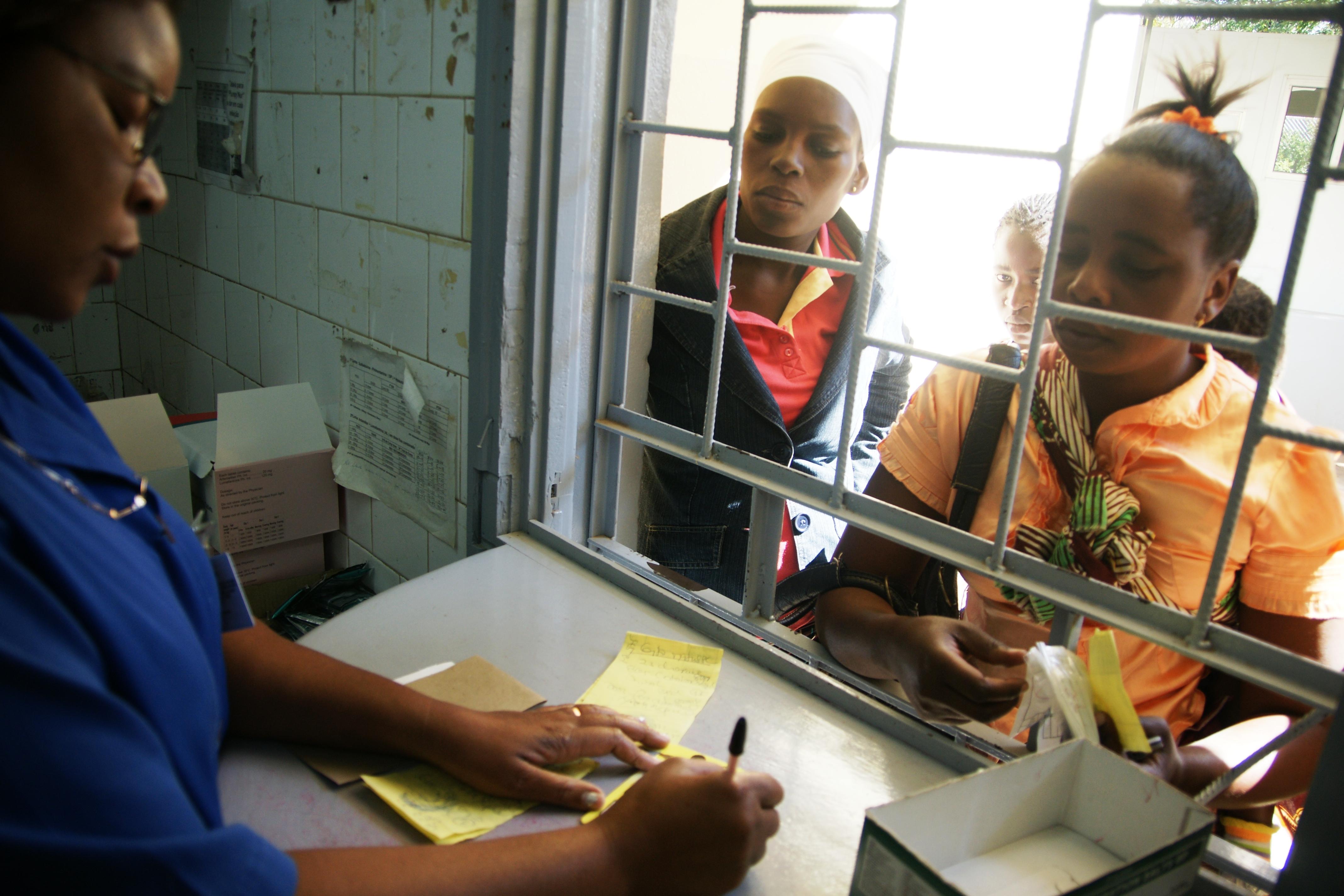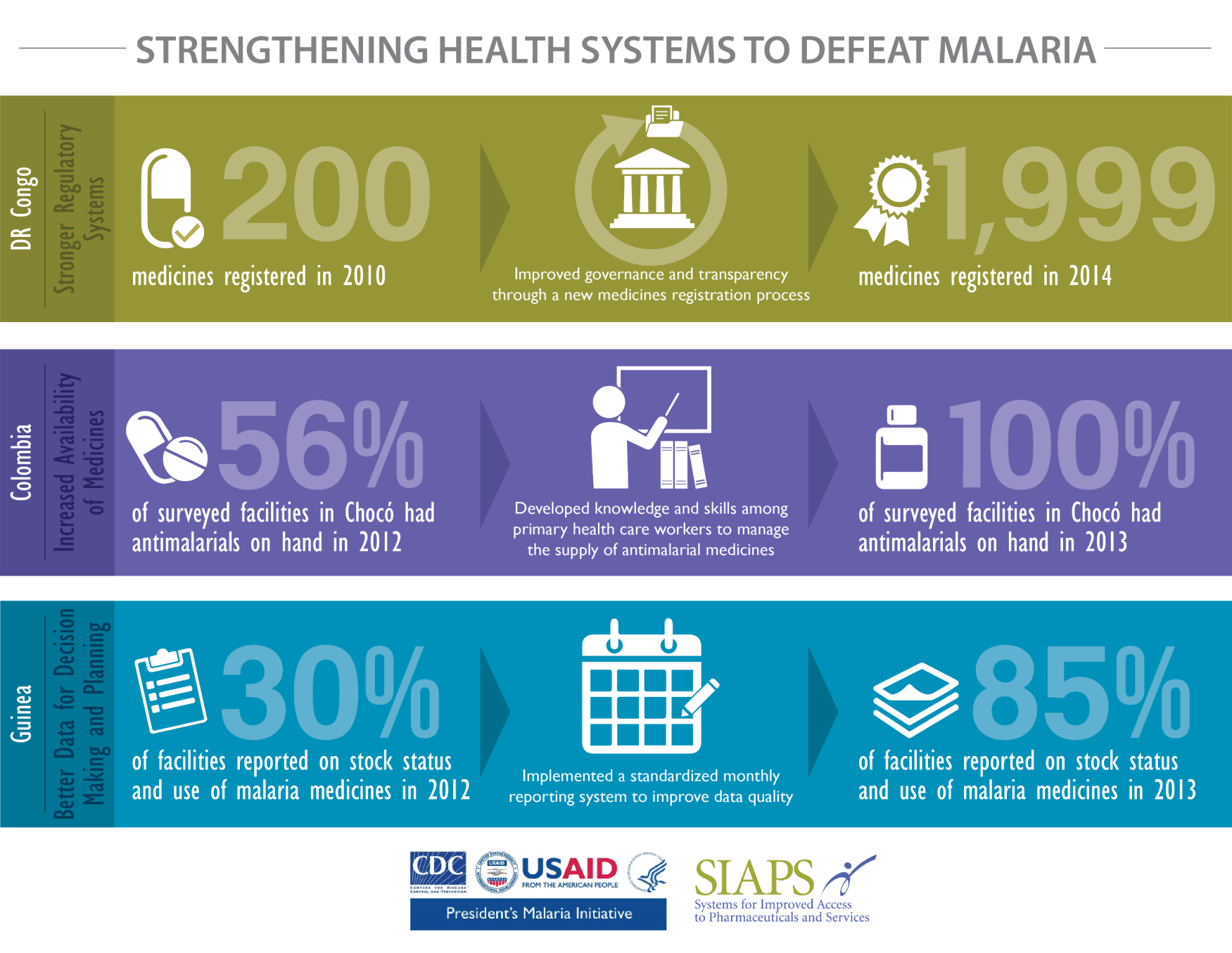
Sheena Patel, Technical Advisor, and Kiley Workman, Project Associate Although the global community has had significant success in reducing maternal and child deaths in the past two decades, they continue to die of preventable causes at an alarming rate. This is especially pronounced for the most vulnerable and hard-to-reach populations. Universal access to maternal, newborn, … Read more



